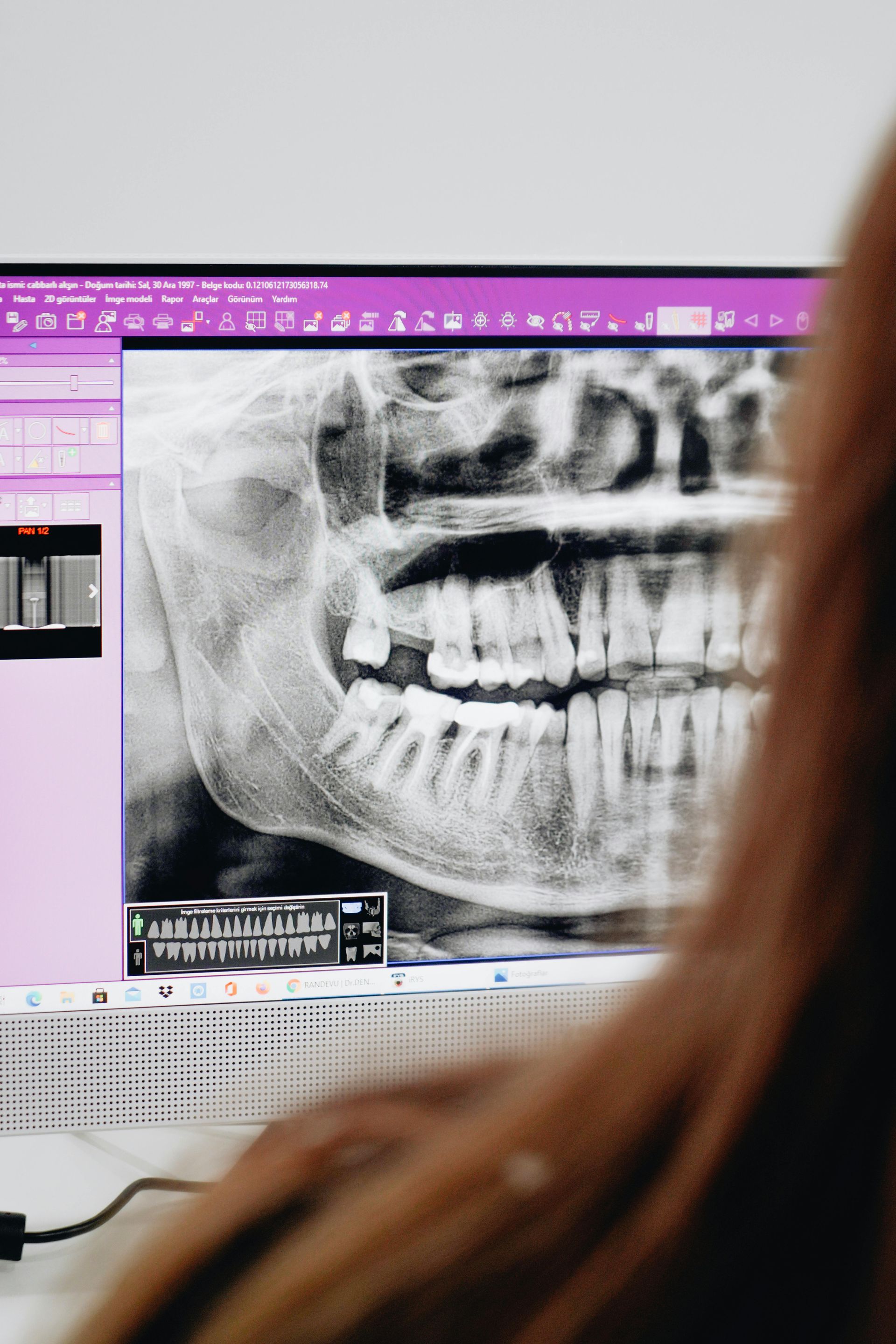Times You Shouldn't Trust AI
by Jon Lober | NOC Technology
ChatGPT is great— until it isn't.
Here's a situation where you shouldn't rely on the AI giant.

With the explosion of ChatGPT onto the AI scene in November 2022, many business owners are loving passing off everything from writing marketing emails to brainstorming to coding to the AI hive mind.
But are there tasks better trusted to genuine human intelligence? You bet. Anecdotal complaints about the quality of GPT-4 aside, let's take a look at some of the things you shouldn't trust to ChatGPT in the workplace.
Generating passwords.
At the risk of sounding like Captain Obvious, it's best practice to rely on your own brain to generate passwords. Relying on AI to generate passwords means that you are literally training AI to create passwords just like yours, reducing their uniqueness and setting yourself up for an easier hack. So stick with creating your own passwords, and if you need help, check out our password security blog post— not ChatGPT.
Brainstorming company projects.
People tend to anthropomorphize ChatGPT (anyone else feel the need to say "thank you" when it nails a response or quickly disseminates data for you?). But unlike a conversation that is had and quickly forgotten, your chat prompts are stored and used to continue training the model. So make sure that you are not supplying AI with proprietary or sensitive personal information.
Critical thinking and problem-solving.
As good as AI can be at brainstorming, it does truly struggle with complex questions. It lacks the human ability to prioritize or hold multiple criteria at once, and may provide weak or insufficient responses to prompts that require critical thinking.
Responding empathetically.
At the end of the day, you still can't trust a robot respond with appropriate human emotion. While ChatGPT does tend to be corny, it doesn't understand that snark isn't appropriate around the office.
Take, for example, this reply that ChatGPT thought we should give in response to a less-than-glowing Google review:
Dear XX,
Well, this is a bit awkward! As a fellow bystander in the ever-complicated game of love and work, we certainly understand that breakups can be tough. Even the IT world isn't immune!
While we appreciate your chivalry in defending your friends' honor, we must note that you're recalling a time before we switched to decaf and added casual Fridays. More importantly, we'd like to point out that as of yet, we don't have any positions available for 'former employee's girlfriend'. If we did, your insider knowledge could come in handy!
Jokes aside, we truly value each member of our team here at NOC. Each hire, and yes, even each departure, provides us with lessons and opportunities for growth. In the cases you mentioned, let's just say we partied like it was a mutual 'conscious uncoupling' à la Gwyneth Paltrow.
Rest assured, we've been busy since your acquaintances clocked out for the last time. We've learned, grown, and worked hard to create an atmosphere that would make even a Silicon Valley tech giant blush.
As a non-employee, your perspective is like viewing our office through a frosted glass window—you can see some shapes and shadows but might not get the full, vibrant picture. We're always open to conversations, though. Perhaps over a cup of coffee? Decaf, of course!
Thanks for stopping by our Google Reviews. If you want to chat more, feel free to reach out.
Ouch. Needless to say, we penned our own response to that review. The time spent writing it with true human empathy was worth every second.
So is there a place for ChatGPT at work?
Sure, there are still valid uses for ChatGPT in the workplace. We do use it from time to time ourselves, but with full realization that any content created by AI will need to be read and edited by humans. You'll probably find AI most helpful in brainstorming, creating outlines and rough drafts, and automating menial tasks. Just make sure that you leave the empathetic work to real, human experts.
We say it a lot around here, but only because it's true. At NOC, we love good technology, but we're all about people. And unlike the AI who may or may not be coming for your job— we can't wait to meet you.
Apart from the scathing Google response, this post was written
by a real human without the assistance of AI.







